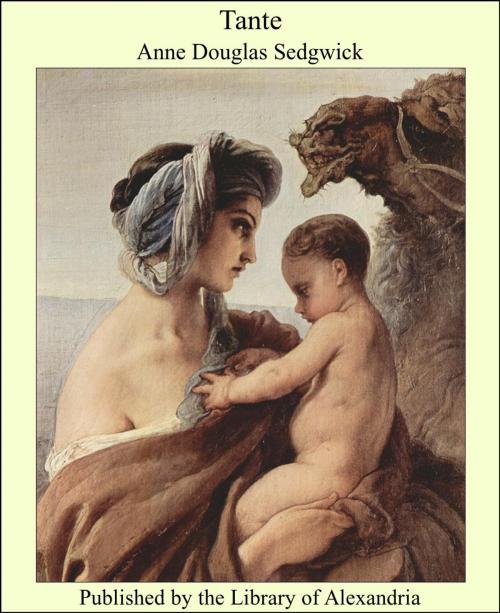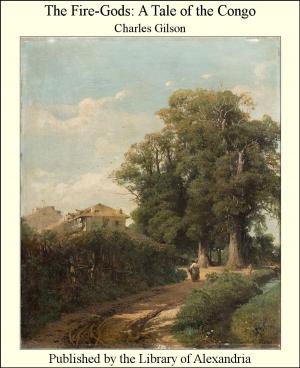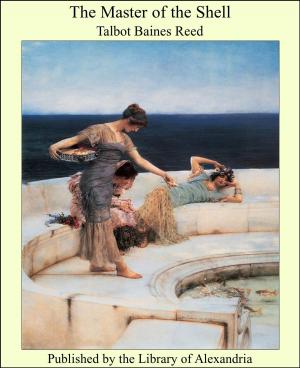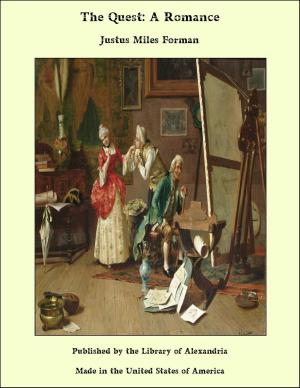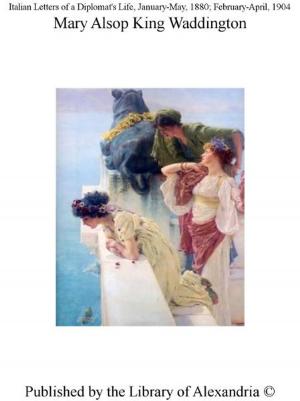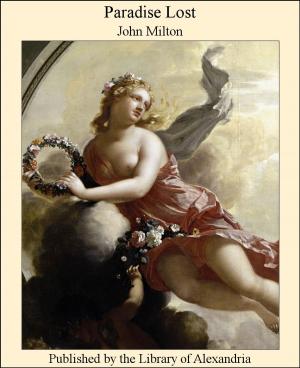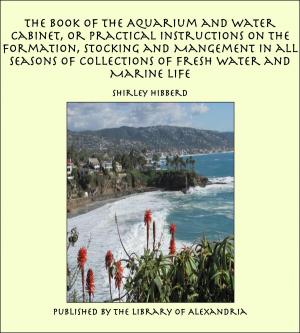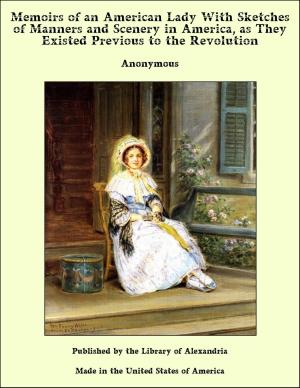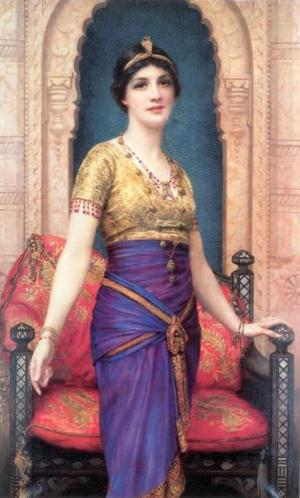| Author: | Anne Douglas Sedgwick | ISBN: | 9781465538567 |
| Publisher: | Library of Alexandria | Publication: | March 8, 2015 |
| Imprint: | Language: | English |
| Author: | Anne Douglas Sedgwick |
| ISBN: | 9781465538567 |
| Publisher: | Library of Alexandria |
| Publication: | March 8, 2015 |
| Imprint: | |
| Language: | English |
It was the evening of Madame Okraska's concert at the old St. James's Hall. London was still the place of the muffled roar and the endearing ugliness. Horse-'buses plied soberly in an unwidened Piccadilly. The private motor was a curiosity. Berlin had not been emulated in an altered Mall nor New York in the façades of giant hotels. The Saturday and Monday pops were still an institution; and the bell of the muffin-man, in such a wintry season, passed frequently along the foggy streets and squares. Already the epoch seems remote. Madame Okraska was pausing on her way from St. Petersburg to New York and this was the only concert she was to give in London that winter. For many hours the enthusiasts who had come to secure unreserved seats had been sitting on the stone stairs that led to the balcony or gallery, or on the still narrower, darker and colder flight that led to the orchestra from Piccadilly Place. From the adjacent hall they could hear the strains of the Moore & Burgess Minstrels, blatant and innocuously vulgar; and the determined mirth, anatomized by distance, sounded a little melancholy. To those of an imaginative turn of mind it might have seemed that they waited in a tunnel at one far end of which could be perceived the tiny memory of tea at an Aerated Bread shop and at the Other the vision of the delights to which they would emerge. For there was no one in the world like Madame Okraska, and to see and hear her was worth cold and weariness and hunger. Not only was she the most famous of living pianists but one of the most beautiful of women; and upon this restoring fact many of the most weary stayed themselves, returning again and again to gaze at the pictured face that adorned the outer cover of the programme. Illuminated by chill gas-jets, armed with books and sandwiches, the serried and devoted ranks were composed of typical concert-goers, of types, in some cases, becoming as extinct as the muffin-man; young art-students from the suburbs, dressed in Liberty serges and velveteens, and reading ninepenny editions of Browning and Rossetti—though a few, already, were reading Yeats; middle-aged spinsters from Bayswater or South Kensington, who took their weekly concert as they took their daily bath; many earnest young men, soft-hatted and long-haired, studying scores; the usual contingent of the fashionable and economical lady; and the pale-faced business man, bringing an air of duty to the pursuit of pleasure
It was the evening of Madame Okraska's concert at the old St. James's Hall. London was still the place of the muffled roar and the endearing ugliness. Horse-'buses plied soberly in an unwidened Piccadilly. The private motor was a curiosity. Berlin had not been emulated in an altered Mall nor New York in the façades of giant hotels. The Saturday and Monday pops were still an institution; and the bell of the muffin-man, in such a wintry season, passed frequently along the foggy streets and squares. Already the epoch seems remote. Madame Okraska was pausing on her way from St. Petersburg to New York and this was the only concert she was to give in London that winter. For many hours the enthusiasts who had come to secure unreserved seats had been sitting on the stone stairs that led to the balcony or gallery, or on the still narrower, darker and colder flight that led to the orchestra from Piccadilly Place. From the adjacent hall they could hear the strains of the Moore & Burgess Minstrels, blatant and innocuously vulgar; and the determined mirth, anatomized by distance, sounded a little melancholy. To those of an imaginative turn of mind it might have seemed that they waited in a tunnel at one far end of which could be perceived the tiny memory of tea at an Aerated Bread shop and at the Other the vision of the delights to which they would emerge. For there was no one in the world like Madame Okraska, and to see and hear her was worth cold and weariness and hunger. Not only was she the most famous of living pianists but one of the most beautiful of women; and upon this restoring fact many of the most weary stayed themselves, returning again and again to gaze at the pictured face that adorned the outer cover of the programme. Illuminated by chill gas-jets, armed with books and sandwiches, the serried and devoted ranks were composed of typical concert-goers, of types, in some cases, becoming as extinct as the muffin-man; young art-students from the suburbs, dressed in Liberty serges and velveteens, and reading ninepenny editions of Browning and Rossetti—though a few, already, were reading Yeats; middle-aged spinsters from Bayswater or South Kensington, who took their weekly concert as they took their daily bath; many earnest young men, soft-hatted and long-haired, studying scores; the usual contingent of the fashionable and economical lady; and the pale-faced business man, bringing an air of duty to the pursuit of pleasure
